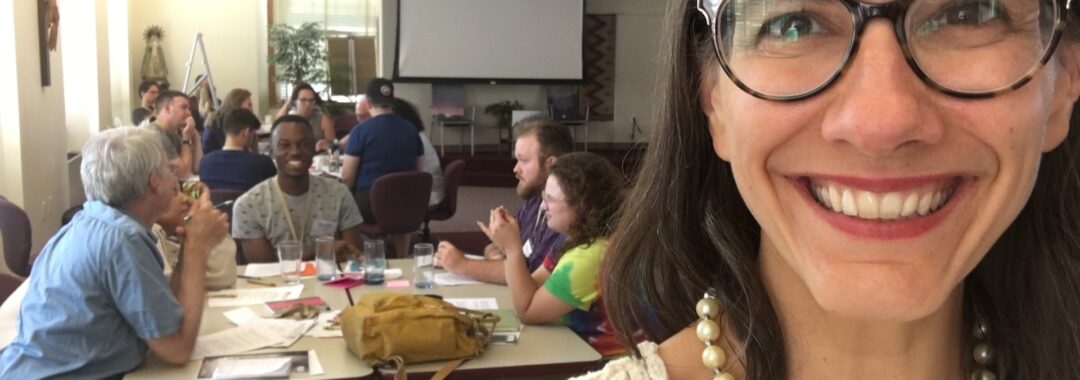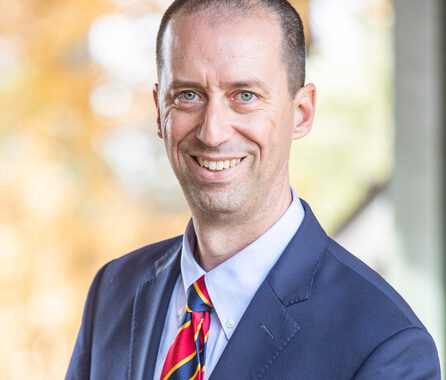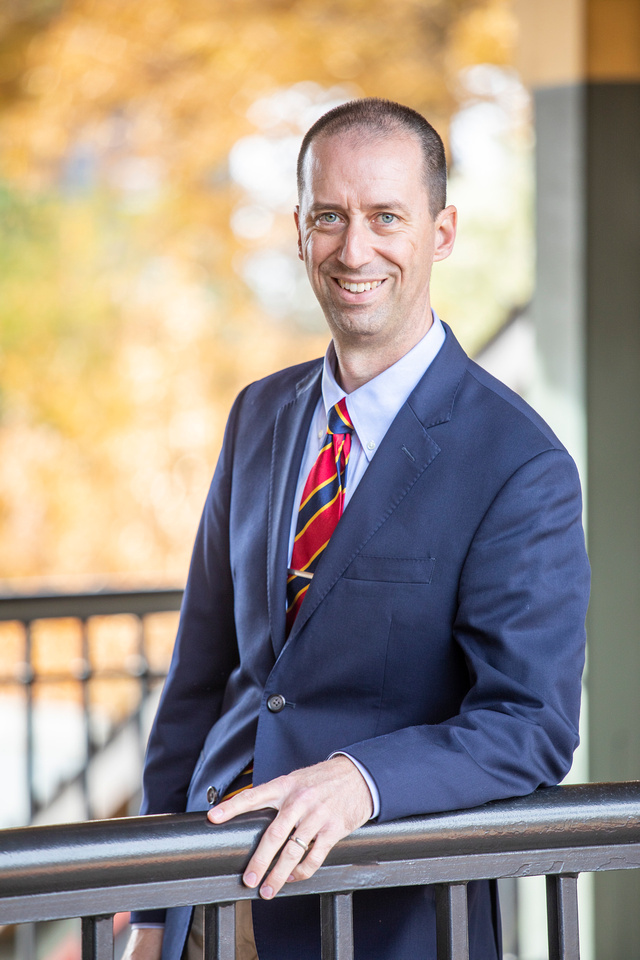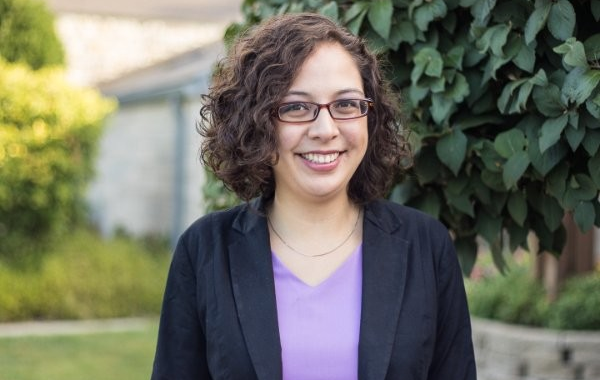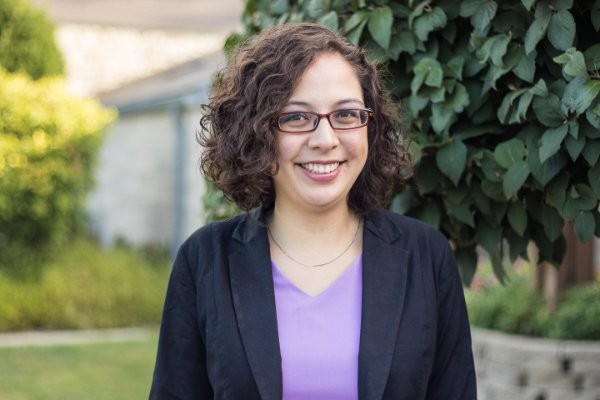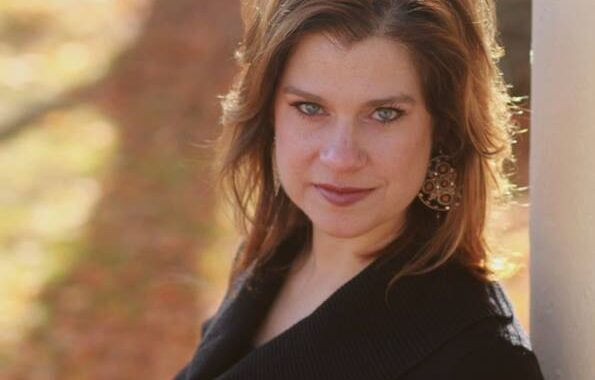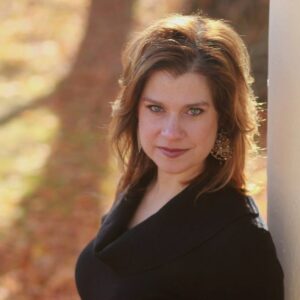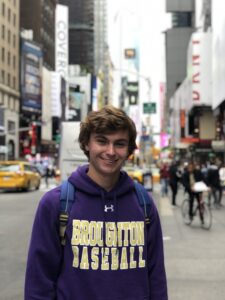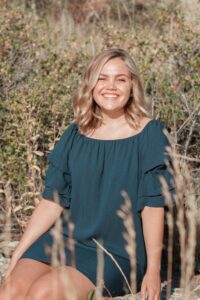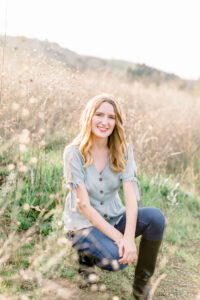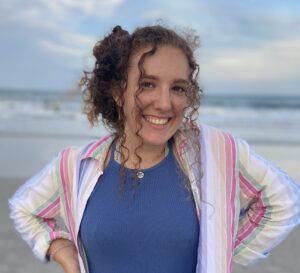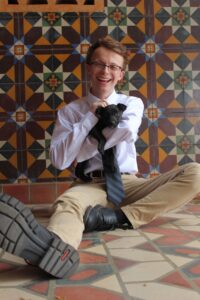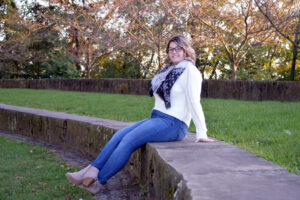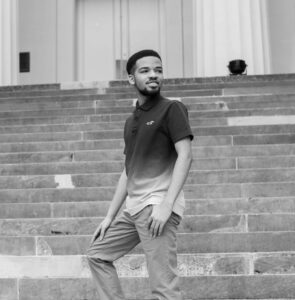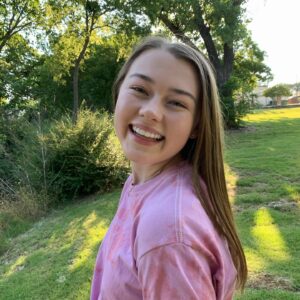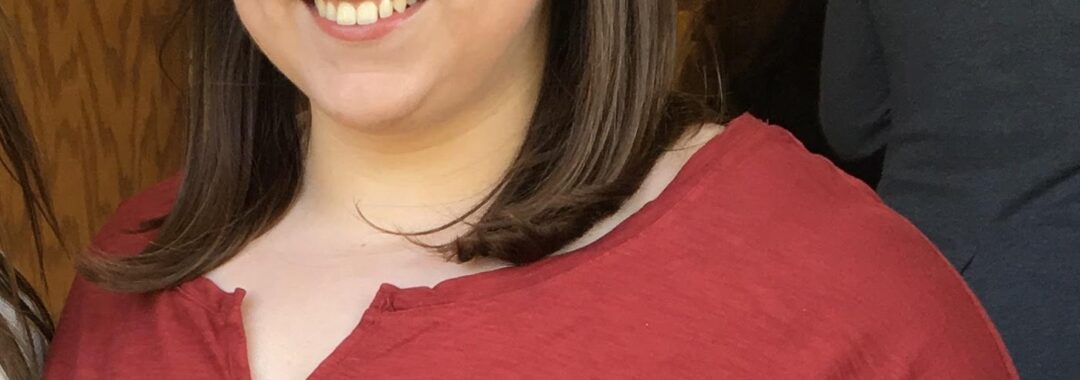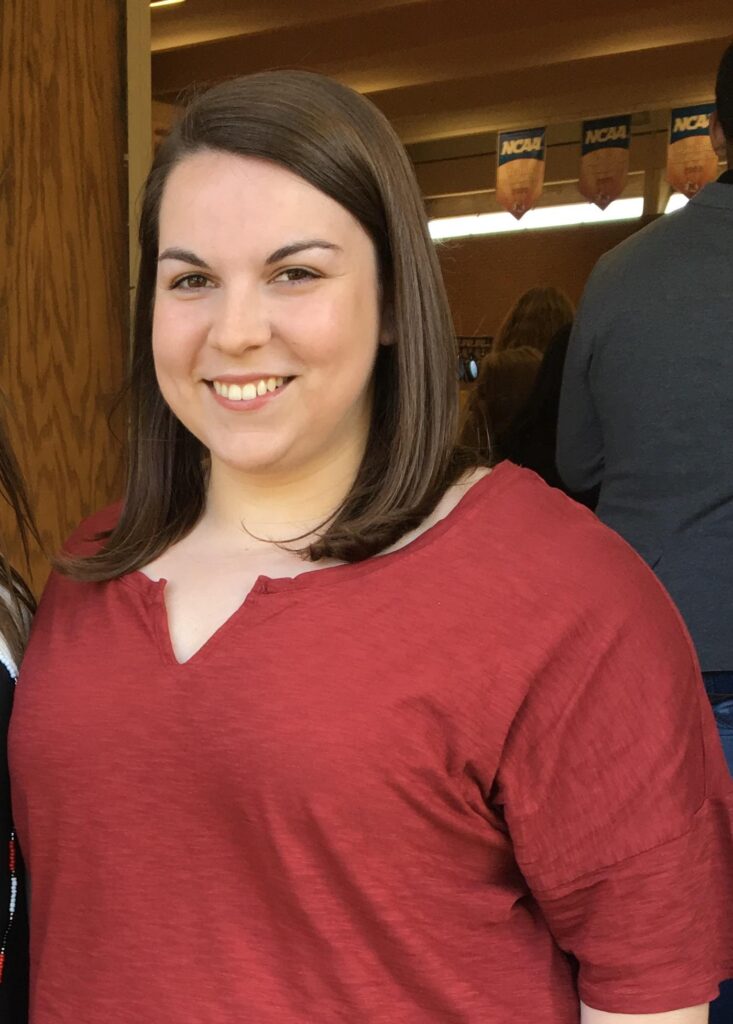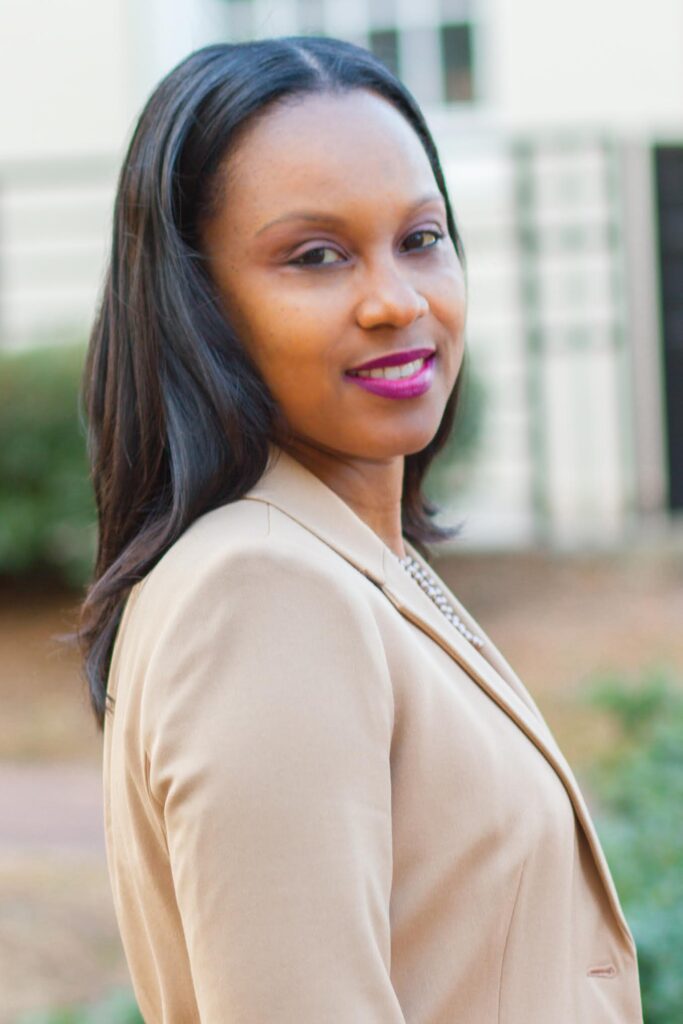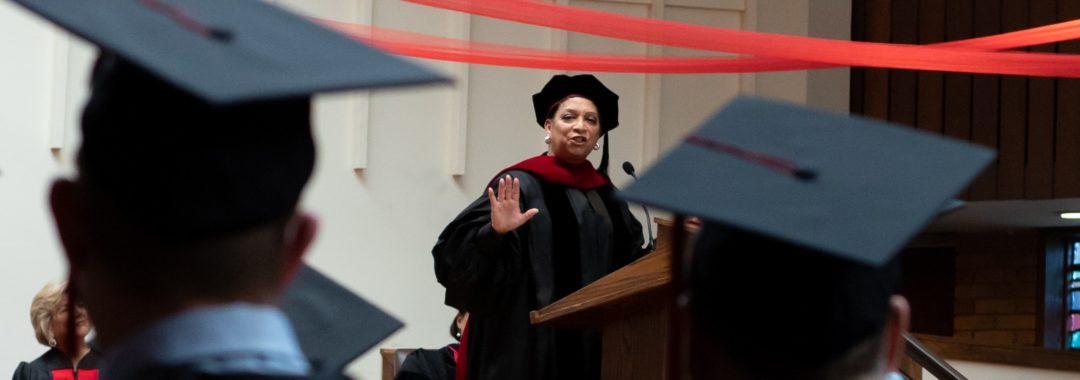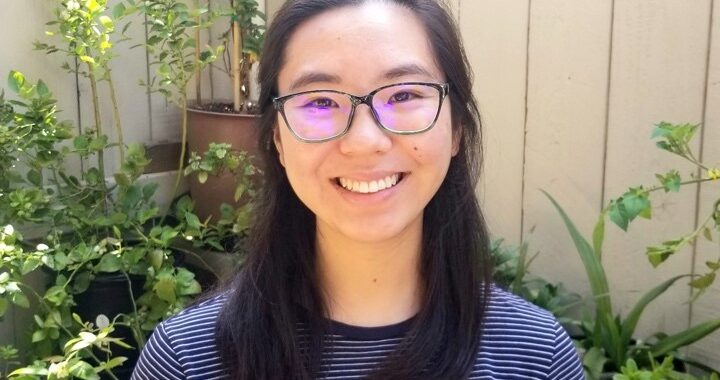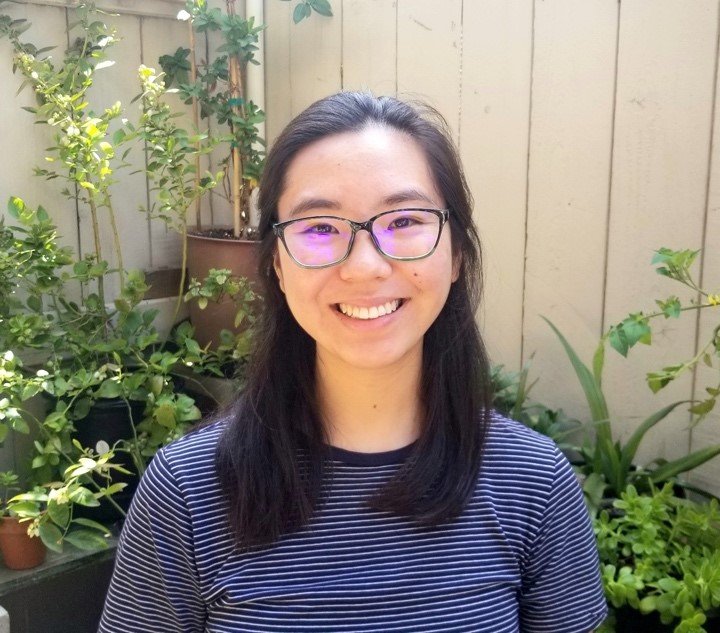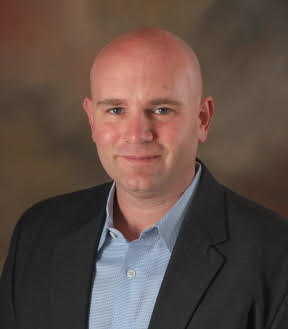During these unprecedented days, institutions of higher education have had to make many difficult decisions. Closing campuses, moving instruction to online platforms, and canceling spring sports are just a few decisions that were made for the safety of students, faculty, and staff. Now that the end of the semester has arrived, schools are seeking to honor their graduates in creative ways, knowing that this should be a time of celebration for students and their families.
Two schools, Jarvis Christian College and Tougaloo College, are part of several Historically Black Colleges or Universities (HBCUs) that will gather virtually on May 16. Led by HBCU leaders, advocacy organizations and corporate partners, the National HBCU Commencement Celebration will feature celebrity hosts, motivational speakers, musical performances. HBCU valedictorians will also be profiled during the event and funds raised will support participating HBCUs and their students. In addition, both schools are planning to host in-person celebrations later in the year.
At Hiram College, administrators asked seniors how they preferred to celebrate and they overwhelmingly chose an in-person event, which will take place during Alumni Weekend on Sunday, June 20, 2021. Hiram’s original graduation date was May 16, so the school also decided to mail graduates a package containing their cap and gown, tassel, cords, and diploma folders. Graduates have been asked to post pictures of themselves and their families with the hashtag #ForeverHiram to celebrate their accomplishments.
At William Woods University, while an official ceremony will not take place, graduates were recognized with small, in-person celebrations before the campus shut-down in March. At the University of Lynchburg, degrees will be conferred virtually on May 15 to ensure graduates have everything they need to plan for the future, whether that be graduate school or entering into full-time employment, while an in-person ceremony is planned for October 2020.
Disciples related theological institutions have also had to change plans. Christian Theological Seminary was planning to host renowned author, speaker and Episcopal priest Barbara Brown Taylor. Instead, Brown Taylor will address graduates remotely during an online ceremony on May 16. Lexington Theological Seminary’s June graduation has also been moved to a virtual commencement ceremony. Graduation regalia has been mailed to students and they are invited to ask someone who has been important to them in their academic journey to hood them during the ceremony, which will also be designed by students.
Listed below are the college, universities and theological schools related to the Christin Church (Disciples of Christ), along with the commencement plans that have been announced. Several schools are still planning future in-person celebrations but, due to the fluid situation caused by the pandemic, no details are available at this time. In addition, plans that are in place may be tentative due to changing circumstances. To keep up to date, we encourage you to check each school’s website periodically for more information.
Disciples Related Colleges and Universities
Barton College – Postponed until end of Fall Semester 2020.
Bethany College – Online degree conferral on May 9 (original date), in-person ceremony on August 20, 2020 (beginning of new academic year).
Chapman University – Postponed until later in the summer, date to be determined.
Columbia College – Postponed until Dec 19, 2020.
Culver-Stockton College – Cancelled spring commencement, no future date set.
Drury University – Virtual celebration in May with in-person commencement later in the year.
Eureka College – Postponed until August 14-15, 2020.
Hiram College – Virtual celebration this year, postponed commencement until June 20, 2021.
Jarvis Christian College – Participating in National HBCU Commencement Celebration on May 16, 2020 with possible in-person ceremony in September 2020.
Midway University – Postponed until June or July 2020.
Texas Christian University – Postponed until August 8, 2020.
Transylvania University – Virtual ceremony on Saturday, May 23 at 9 a.m. with in-person in Fall 2020.
Tugaloo College – Participating in National HBCU Commencement Celebration on May 16, 2020, in-person ceremony planned for August 2. 2020.
The University of Lynchburg – Conferring degrees virtually on May 15 with in-person celebration on October 30, 2020.
William Woods University – Celebrated with students in March before closing of campus.
Disciple Related Theological Institutions
Brite Divinity School – Postponed until August 8, 2020.
Christian Theological Seminary – Virtual graduation on May 16, 2020.
Disciples Divinity Houses at the University of Chicago – Virtual ceremony on June 13 with in-person celebration June 2021.
Disciples Divinity House at Vanderbilt University – Virtual ceremony on May 8 with in-person celebration May 2021
Disciples Seminary Foundation
Claremont School of Theology – Virtual conferment of degrees on May 19, in-person celebration postponed.
Iliff School of Theology – Virtual ceremony on June 4 with in-person celebration June 3, 2021.
Pacific School of Religion – Virtual commencement in May.
San Francisco Theological Seminary – Virtual gathering in May with in-person celebration in May 2021.
Seattle University’s School of Theology and Ministry – Postponed in-person to October 9-11, 2020.
Lexington Theological Seminary – Virtual graduation in June designed by students. Graduates are invited to participate in June 2021 in-person commencement.
Phillips Theological Seminary – Postponed until September 5, 2020.
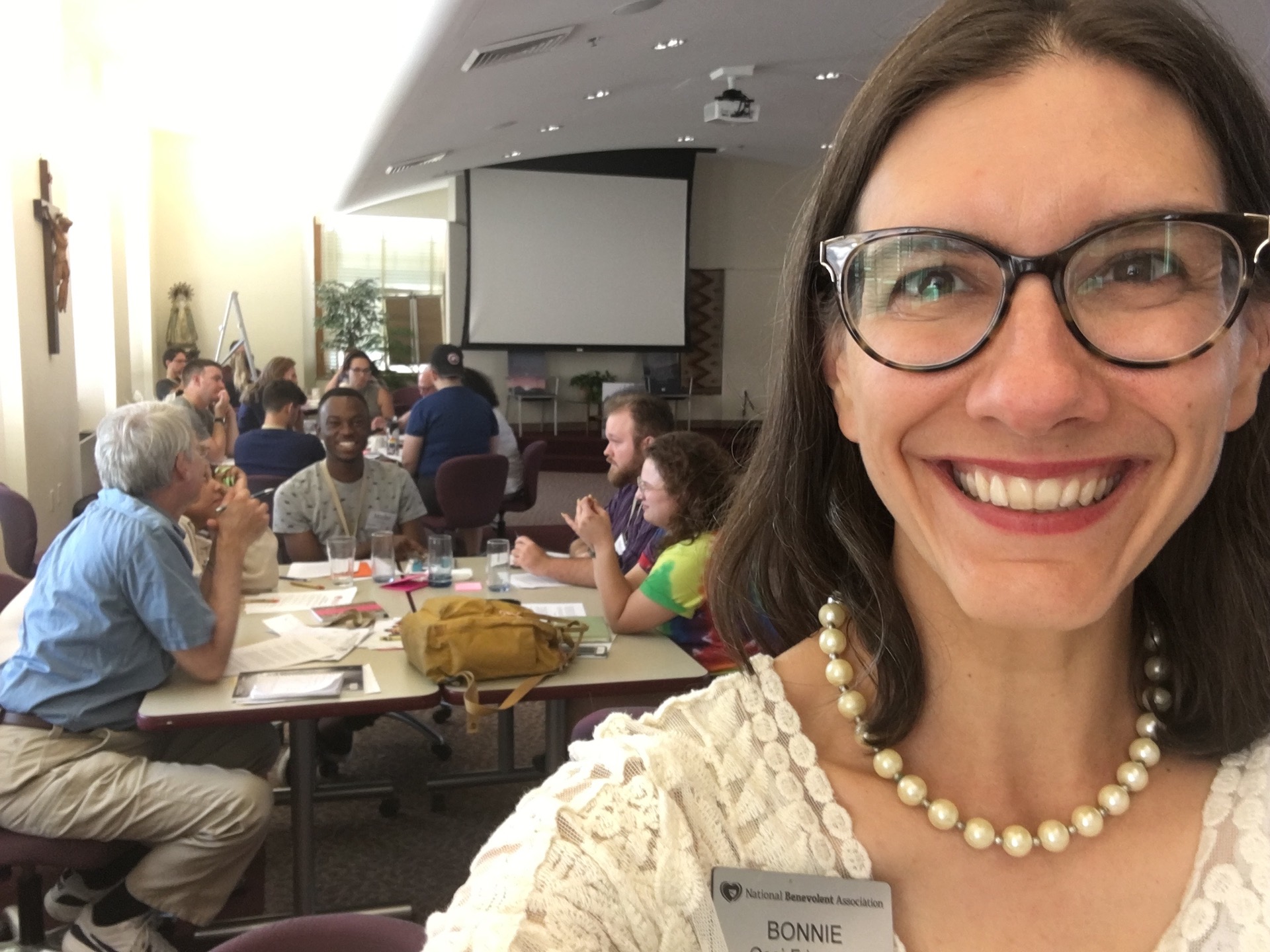 1) Where are you currently serving? Please share a bit about the work/ministry in which you are involved.
1) Where are you currently serving? Please share a bit about the work/ministry in which you are involved.
